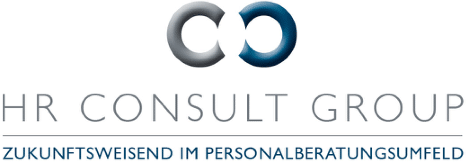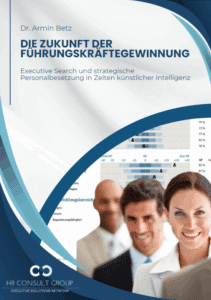Labor market analysis
Analyzing the job market is a dynamic process that is constantly changing and influenced by numerous factors, including technological advances, demographic developments, and global economic trends. However, as of my last update in April 2023, several clear trends can be identified in terms of in-demand skills and industries with high growth potential. These trends offer valuable insights for job seekers, companies, and educational institutions.
Skills in demand
- Digital skills: Digitalization is permeating nearly all industries, leading to high demand for digital skills. These include data analysis, software development, cybersecurity, and digital marketing. Skills in artificial intelligence (AI), machine learning (ML), and blockchain technology are particularly in demand.
- Soft skills: In addition to technical skills, soft skills such as critical thinking, creativity, emotional intelligence, adaptability, and teamwork are increasingly in demand. In a rapidly changing work environment, companies depend on employees who can solve complex problems, communicate effectively, and work in teams.
- Sustainability and green technologies: With the growing focus on sustainability and the transition to a greener economy, there is increasing demand for skilled workers who are able to develop and implement sustainable solutions. This includes knowledge of renewable energies, environmental sciences, and sustainable management.
Industries with growth potential
- Technology and information technology (IT): The tech and IT sector remains a key driver of growth, fueled by the ongoing digitization of business processes and the increasing importance of data and cybersecurity.
- Healthcare: The healthcare industry continues to show strong growth, partly accelerated by the COVID-19 pandemic. Specialists in the fields of telemedicine, digital health services, and biotechnology research are in particularly high demand.
- Renewable energies: The renewable energy sector is growing due to global efforts to combat climate change and reduce dependence on fossil fuels. Skilled workers with expertise in wind, solar, and hydrogen technologies are particularly in demand.
- E-commerce and digital marketing: The pandemic has accelerated e-commerce and digital marketing, industries that will continue to grow strongly even after the pandemic. Expertise in SEO/SEM, content marketing, and data analysis is particularly valuable here.
- Education and e-learning: The education sector is undergoing a transformation due to the increasing prevalence of online learning platforms and digital education tools. Professionals who are able to develop and implement innovative learning solutions are in high demand in this field.
Conclusion
The job market is constantly changing, driven by technological advances, global trends, and social changes. For job seekers, this means that lifelong learning and continuous skills development are crucial to remaining relevant. Companies must adapt to changing requirements and invest in the training and development of their employees in order to remain competitive. Educational institutions play a key role in preparing the next generation of workers for the challenges and opportunities of an ever-changing job market.


